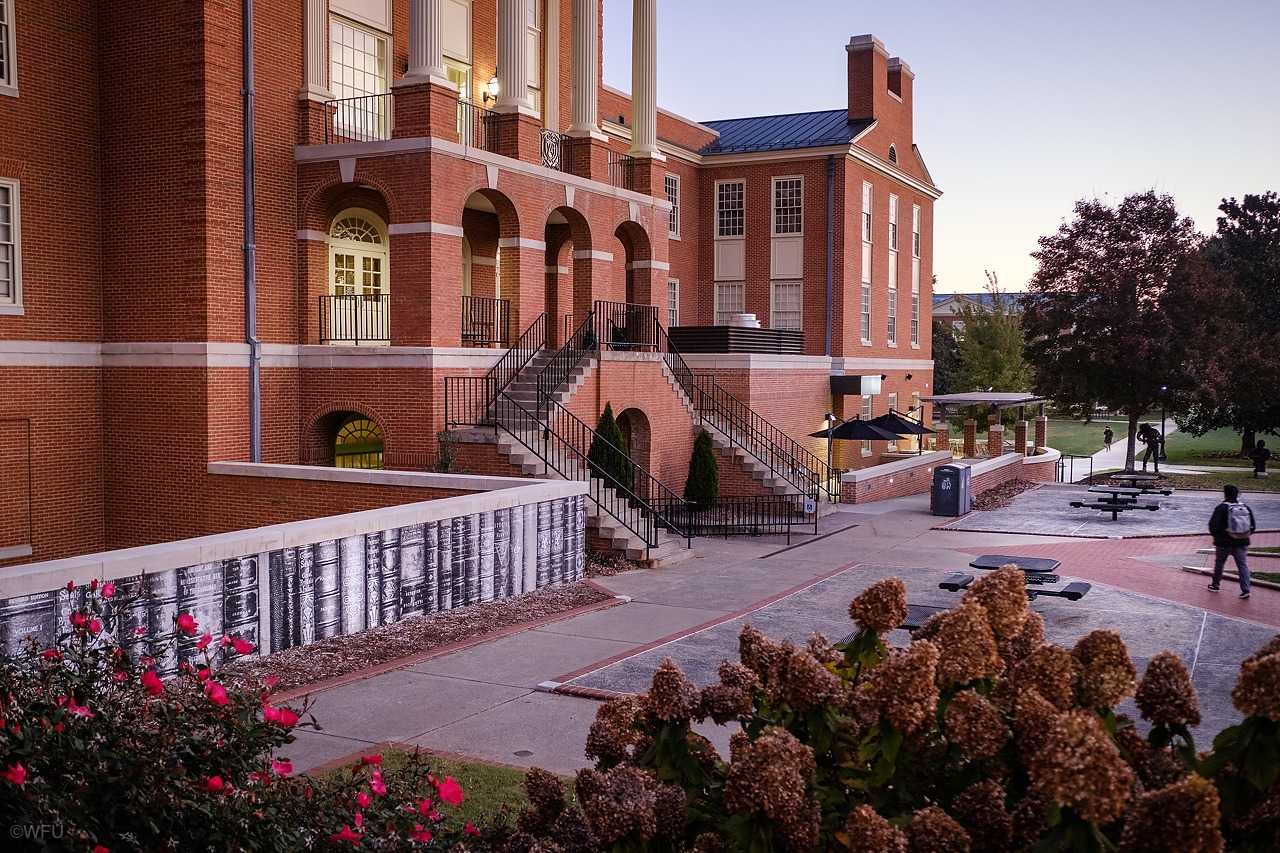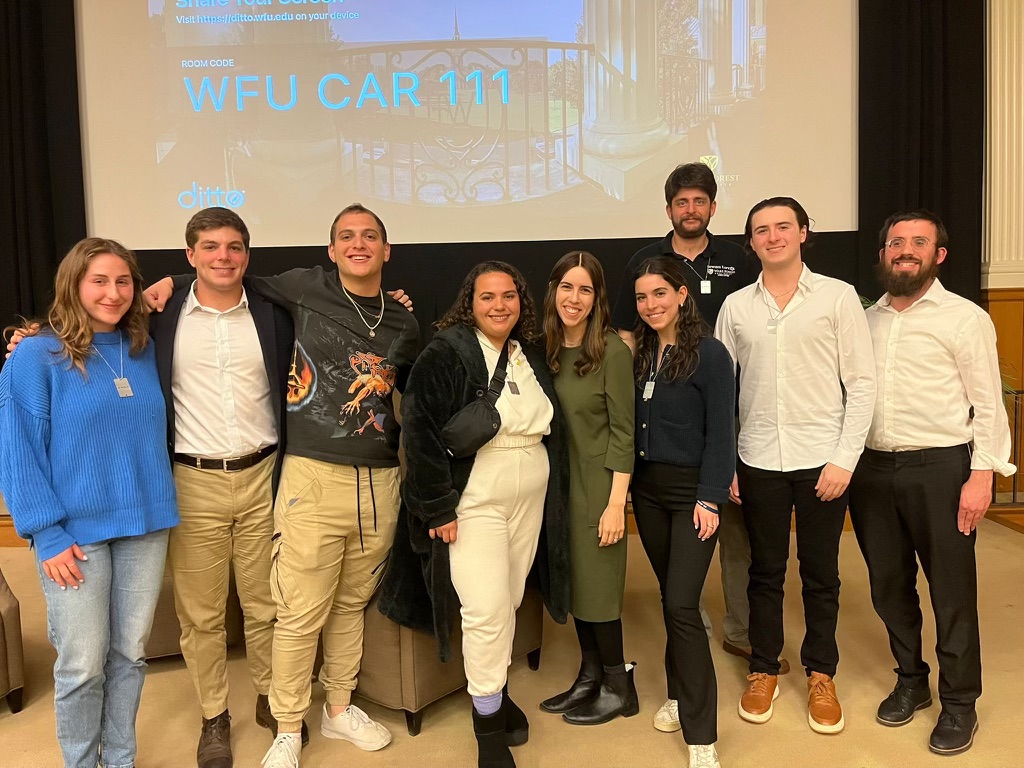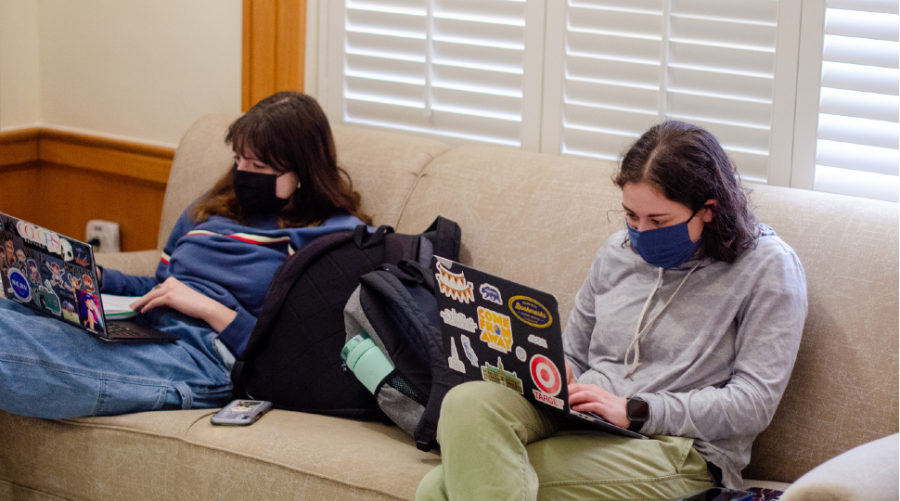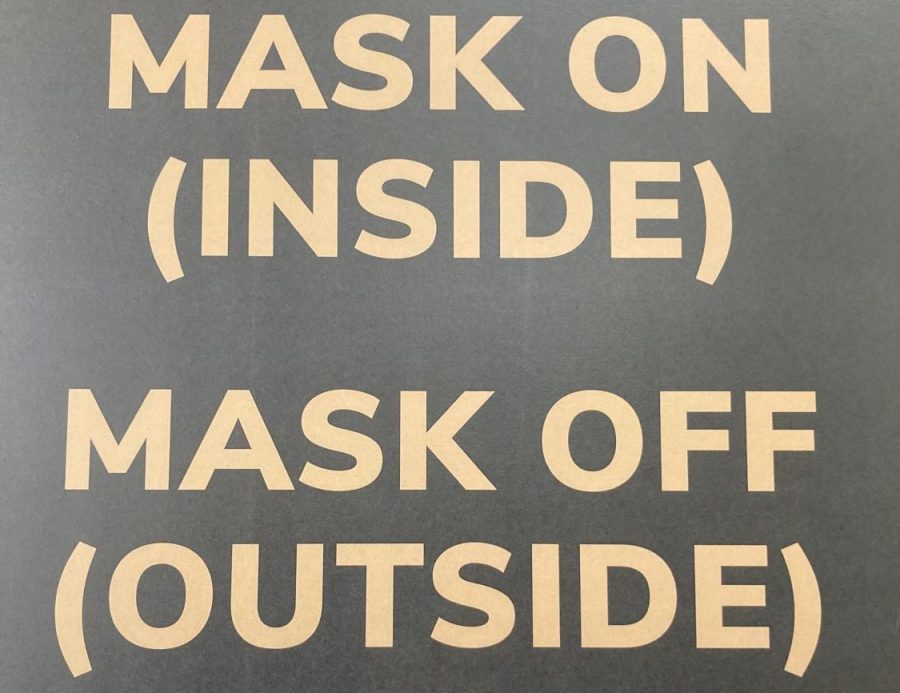In the university’s initial announcement that in-person classes will be suspended due to the novel coronavirus outbreak, President Nathan Hatch asked that students not return to campus after spring break unless it was necessary. For many students, this request was upsetting but not impossible to follow through with — most students can jump on a plane or hop in the car and get home safely within a few hours.
However, this is not the case for many of the international students on campus. For these members of the university community, staying in their residence halls is the safest option both in terms of staying healthy and avoiding any issues with their status as visa-holders. Currently, the university is allowing students to stay on campus if they applied to receive housing on March 13 and were approved.
Due to both the changing nature of governmental response and the uncertain future of this pandemic, many international students are choosing to stay on campus rather than go back home. Hailing from Thailand, sophomore Bella Sunthornpong echoed worries of not being able to return to the U.S. if she went back home and plans to stay on campus as long as she can.
“I think Wake Forest is handling the situation really well. It’s a world-wide contagious pandemic and things change rapidly,” Sunthornpong said. “I think there’s no better way to lower the risk than reduce interactions with others. I also really appreciate that Wake Forest still opens housing for special cases like myself and other international students.”
Currently, there are three active travel bans that have been passed by President Donald Trump’s administration. They include Travel Ban 3.0 (2017) and 4.0 (2020) — which lists 13 countries in Africa and the Middle East — and, most recently, the Coronavirus Travel Ban (2020) — which includes China, Iran, Europe, the United Kingdom and Ireland. These presidential proclamations disallow anyone who is not a U.S. citizen from entering the country.
All of the countries listed in the latter are marked as CDC Level 3. Currently, the university is not allowing any students who traveled to these countries over spring break return to campus.
When the move to remote learning was announced, sophomore Josie Levy decided to go home to Kingston, Jamaica. While she said she was happy to be home, Levy still expressed worries about her status as an international student.
“I think Wake is handling the situation reasonably well. It would be nice if we had some more details about how we are going to conduct classes,” Levy said. “The only thing I would change would be to require that the teachers record their lectures so that students can watch it at a time convenient to them because the time change might be hard. I only have an hour time change but I can imagine others have way more.”
Further, most international students have either an F-1 or J-1 visa, both of which have certain guidelines that must be followed to stay in or be able to return to the U.S. One of these requirements includes that visa-holding students only receive one class through “distance education,” which would include online instruction. However, the Department of Homeland Security announced that it is allowing remote instruction under the visa per the change in university policy. On the other hand, the university is advising international students to exercise caution if they chose to leave the country and return home. This includes keeping visa documentation concerning their active education up to date, and advising that individuals who have an F-1 visa and applied for Optional Practical Training — essentially, post-graduation employment under a student visa — to stay in the U.S.
Junior Lindsey Zhang, who is from Beijing China, is planning to stay on campus and said that most international students will be doing the same due to the lack of other options. Zhang expressed some concerns about students being able to return to campus to gather their things after spring break, despite traveling to CDC Level 2 countries (which now includes the U.S. itself).
“I feel like in general things are getting better in China but are getting worse in the U.S. As a Chinese international student, I am constantly getting opposite information about the coronavirus. For instance, most Asians believe that wearing masks is the best way to prevent oneself from getting infected, while people from western culture believe that it is useless to wear a mask when you are not sick,” Zhang said.
Similarly, Zhang noted that the rise in xenophobic behavior in the U.S. adds to the weight of the issue.
“I also have to worry not only about the virus but also about the discrimination issues toward Asians community when traveling,” she said. “I’ve heard about numerous discrimination stories about people pretending coughing at Chinese people who are wearing masks. For me, these things sometimes can be more stressful than the virus itself.”
For junior Geremia Orio, home is the town of Bellagio, Lake Como which is located outside of Milan, Italy — one of the cities hit hardest by COVID-19. Orio lives off campus, and is currently deciding what his next move is based on updates from the university.
“To be honest I’m not really scared of the coronavirus itself but more concerned with the incredible impact it’s had on every other aspect of people’s lives around the world,” Orio said.
Ultimately, the outbreak of COVID-19 has necessitated international students to navigate a completely different set of options than American students. While most of the university community is now at home with family, international students will experience online classes while still living on campus.
“It’s not as bad as I thought [it would be] but it’s definitely not the situation I want to be in. Being far away from home is already bad, but it is even worse now not having friends and people around,” Sunthornpong said. “As long as the gym and dining hall are open, I think I will be fine.”




















